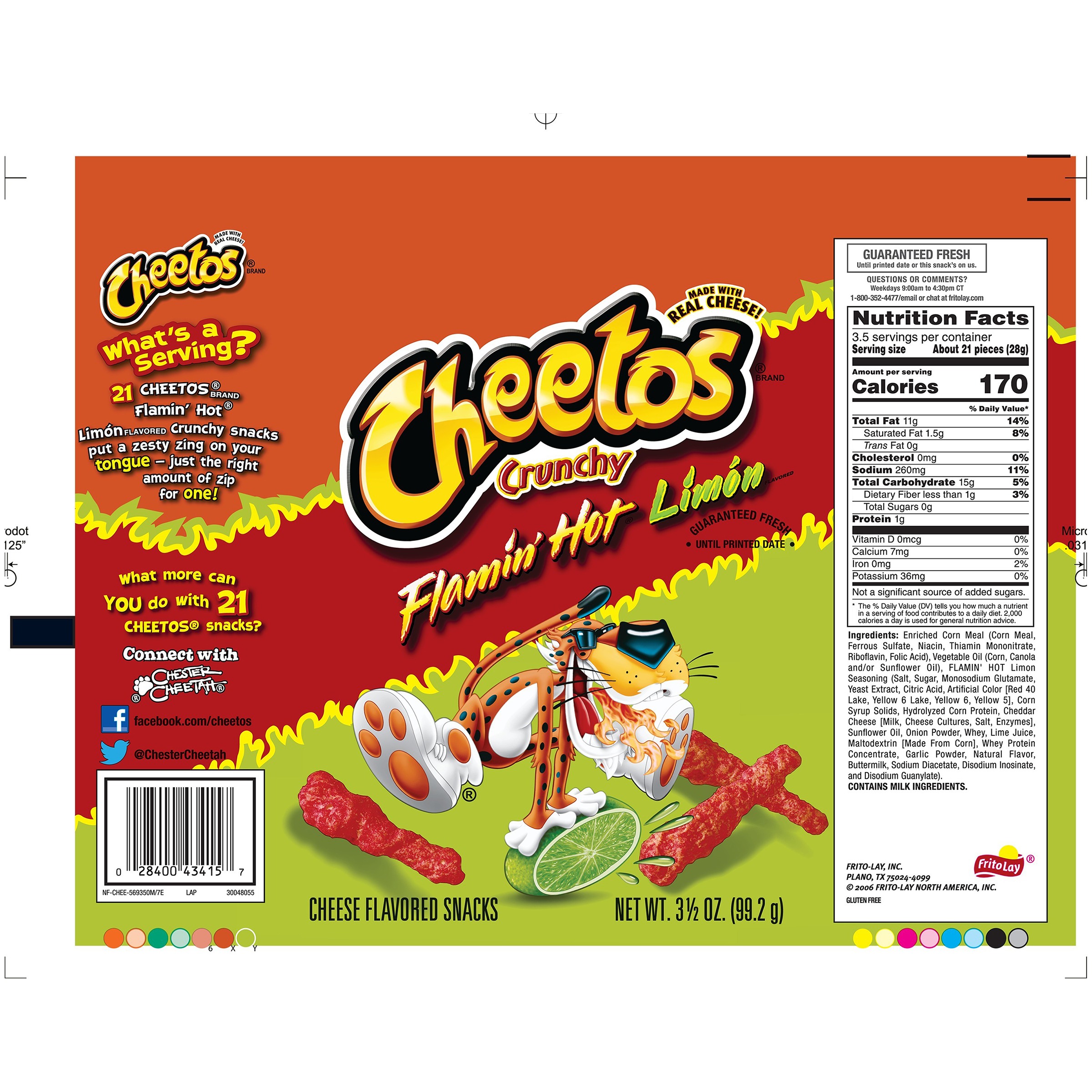
Family members showed me documents to support their claim, and Doolin’s daughter confirmed this in her own book. They offered a version of Doritos at Disneyland in the early 1960s at the old Casa de Fritos restaurant that they stocked, and convinced West that Frito-Lay should mass-produce their crunchy creation. I laughed when all those obituaries came out because the real inventors were the Morales family of Anaheim. When Frito-Lay executive Arch West died in 2011, news outlets across the country - including this paper - wrote he invented Doritos after getting “inspired” by a vacation in Mexico, because that’s what West said. It wasn’t until a Texas Monthly reporter found Gustavo Olguin in Oaxaca in 1982 that the actual inventor of Fritos entered the official record.Īnother example features my favorite chip: Doritos. Doolin never bothered to name that Mexican, nor did his company in the decades since. Call it Manifest Destiny with a dusting of cheese.įrito-Lay, parent company of Flamin’ Hot Cheetos, offers two examples.įounder Elmer Doolin told anyone who’d listen during his lifetime that he created his company by buying the original recipe for $100 from a Mexican in San Antonio during the Great Depression. The crediting of popular Mexican food products in this country to whites is a trope that perpetuates the idea of American ingenuity and Mexican idleness. The former phenomenon was one of the themes of my “Taco USA” book. And their frustration over Sam’s article isn’t so much about Montañez rather than a microcosm of two big issues that continue to plague Mexicans in the United States: historical erasure and the continued yearning for heroes that white America can also embrace. But I understand why people are rallying behind Montañez. It’s easy to dismiss the critics as Flamin’ Hot Truthers who can’t see the Cheetos bag for the chip.

Some even accused this paper of ulterior motives - best-selling author Julissa Arce, for instance, tweeted that The Times “just can’t stand us winning,” whatever that means. His supporters accused Sam of trying to tear down a successful Mexican, of wasting his time to investigate such a seemingly trivial matter.


But another school of thought also emerged to defend Montañez. Sam’s story went viral, and many readers praised his work. But Sam found documents, people, videos and more evidence that showed Montañez had little, if anything, to do with the development of Flamin’ Hot Cheetos. The deposed Flamin’ Hot king’s resume is mostly real and truly impressive - the Ontario native did rise up from mopping floors to sitting in executive offices and on prestigious advisory boards. This past weekend, Sam crushed Montañez’s claims like a toddler squeezing a Cheeto into dust. I told Sam that, while I didn’t see any reason to discount Montañez, he should see if there was a there there. Times colleague Sam Dean asked me something I had never considered: What if Montañez hadn’t told the truth?


 0 kommentar(er)
0 kommentar(er)
